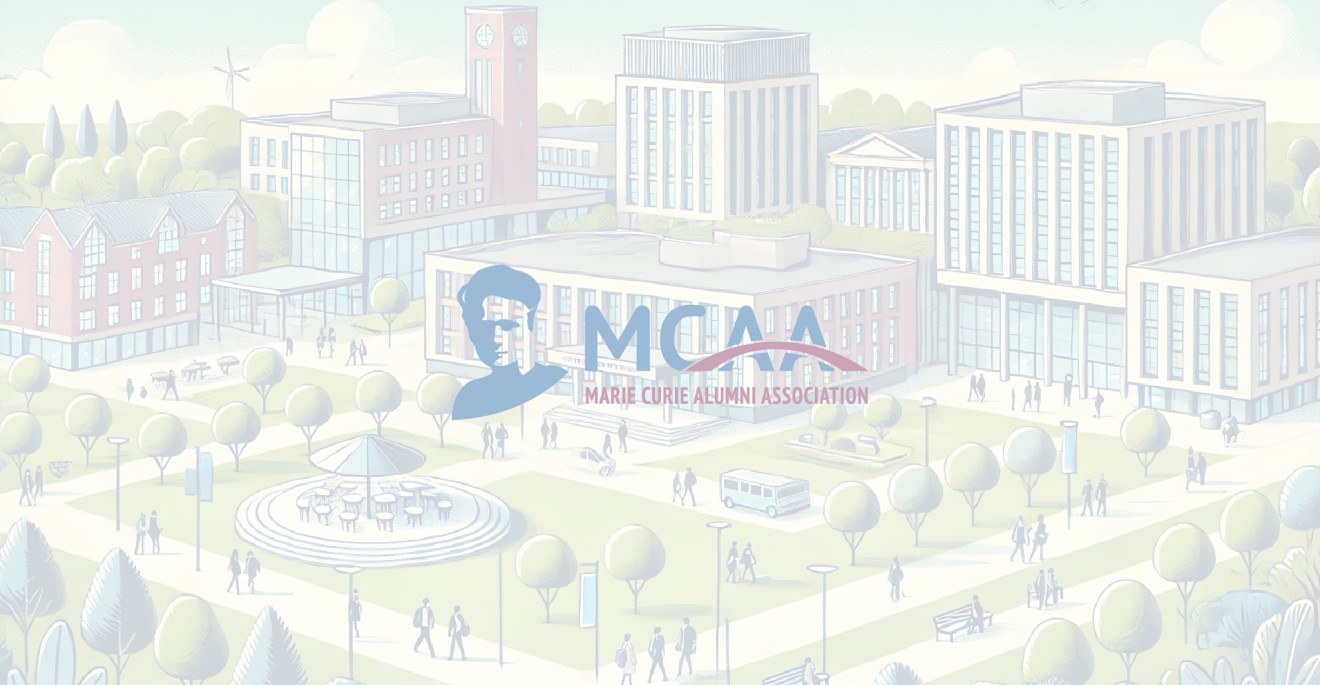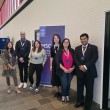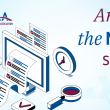MSCA COFUND 2019: co-financing of doctoral and fellowship programmes

The MSCA COFUND is a Horizon 2020 instrument for co-funding of ongoing or planned programmes to promote PhD students or post-docs. Therese Lindahl, the Austrian National Contact Point for Marie Skłodowska-Curie Actions, tells us more about it.
Talking about her role, Lindahl explains: “I am in charge of raising awareness about participation possibilities among potential COFUND applicants, to give advice and support in the proposal writing phase as well as during the implementation of funded programmes.”
The purpose of the COFUND scheme is to foster excellence in researchers' training, mobility and career development, thereby spreading the best practices of the Marie Skłodowska-Curie Actions. “This will be achieved by co-funding new or existing programmes that provide international, intersectoral and interdisciplinary research training of researchers at all stages of their career,” adds Lindahl. COFUND can take the form of doctoral or fellowship programmes, which are expected to enhance research and innovation related human resources on a regional, national or international level.
Who can apply?
“Legal entities in EU Member States or Horizon 2020 Associated Countries, that fund or implement doctoral or fellowship programmes for researchers are eligible to apply,” confirms Lindahl. COFUND is a mono-beneficiary action which means there must be one sole beneficiary that will also be responsible for the availability of the necessary complementary funds. “Nevertheless, collaboration with a wider set of partner organisations, including organisations from the non-academic sector, will be positively taken into account,” adds Lindahl. These partner organisations can contribute with innovative and interdisciplinary elements, for example through the hosting of secondments and providing complementary training in research or transferable skills.
Lindahl stresses that, “individual researchers cannot apply for COFUND within the calls of the European Commission but can benefit from COFUND in the way that they apply for positions offered within co-funded programmes”. Lindahl adds: “All COFUND positions must be widely advertised, for example on the EURAXESS job portal for researchers.”
Tips on how to apply
Those interested in applying for the COFUND scheme, should refer to the Guide for Applicants. Lindahl explains: “This is a guidance document that provides all the necessary information about the funding scheme and takes applicants step by step through the application process.” The Guide also contains information about how applicants should structure the proposal, on the evaluation procedure and where applicants can seek further support.
“It is also important to consult related parts of the MSCA Work Programme 2018-2020 in order to understand the policy objectives and overall aims of MSCA in general,” notes Lindahl , who further adds, “all relevant documents can be found on the Funding & tender opportunities portal of the European Commission. It is strongly recommended that applicants get in touch with the MSCA National Contact Point in the country concerned at an early stage of the proposal preparation.”
Additionally, applicants should bear in mind that the description of the research discipline or area makes up only a minor part of the proposal. “Applicants are asked to provide information primarily on administrative issues, for example about the selection process of the researchers to be funded, about appointment conditions and the management of the programme,” emphasises Lindahl. For this reason, people who have that kind of knowledge should be involved when drafting the proposal. Applying organisations must also be aware that, as the name indicates, the MSCA COFUND scheme funds only parts of the total budget for the implementation of the respective programme and that matching funds are needed.
More information
For detailed information and advice on how to apply, visit Marie Skłodowska-Curie Actions.


